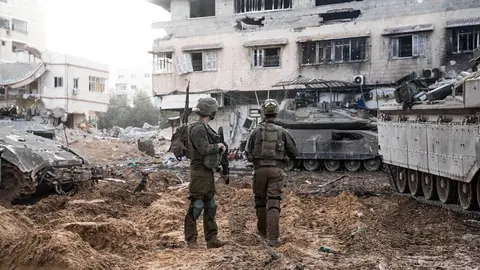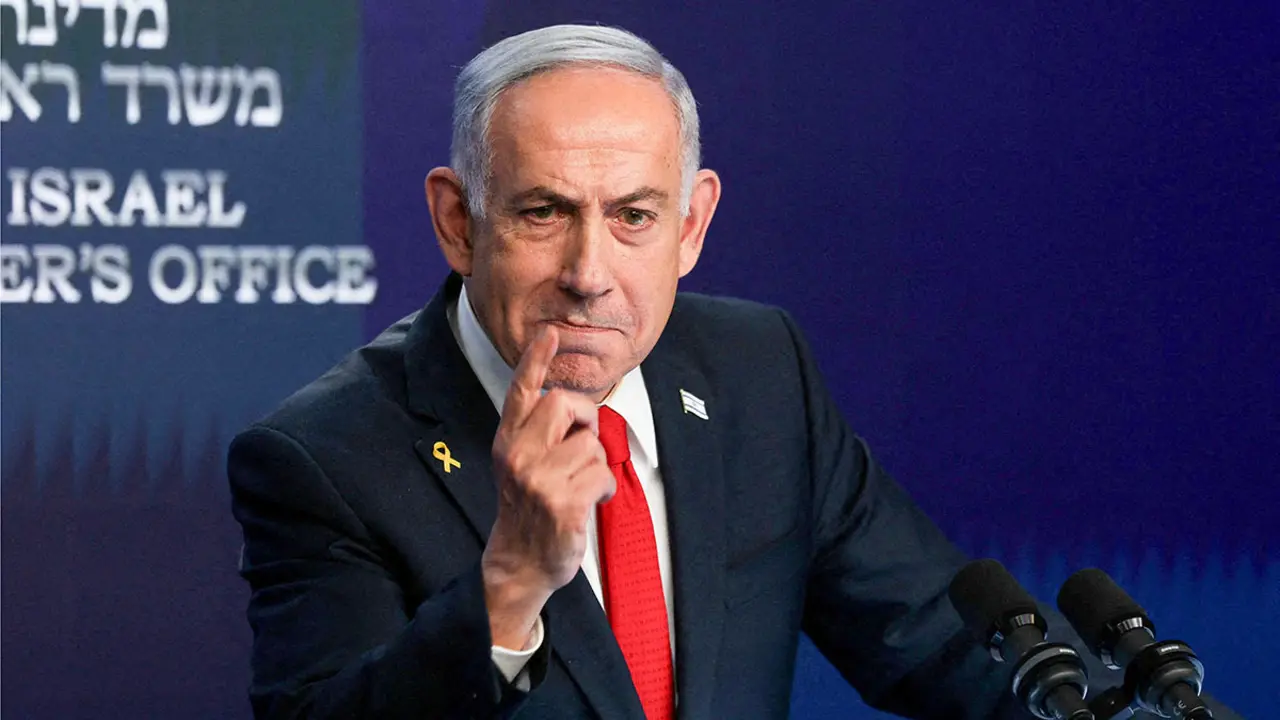Hamas ready to extend truce with Israel for another four days
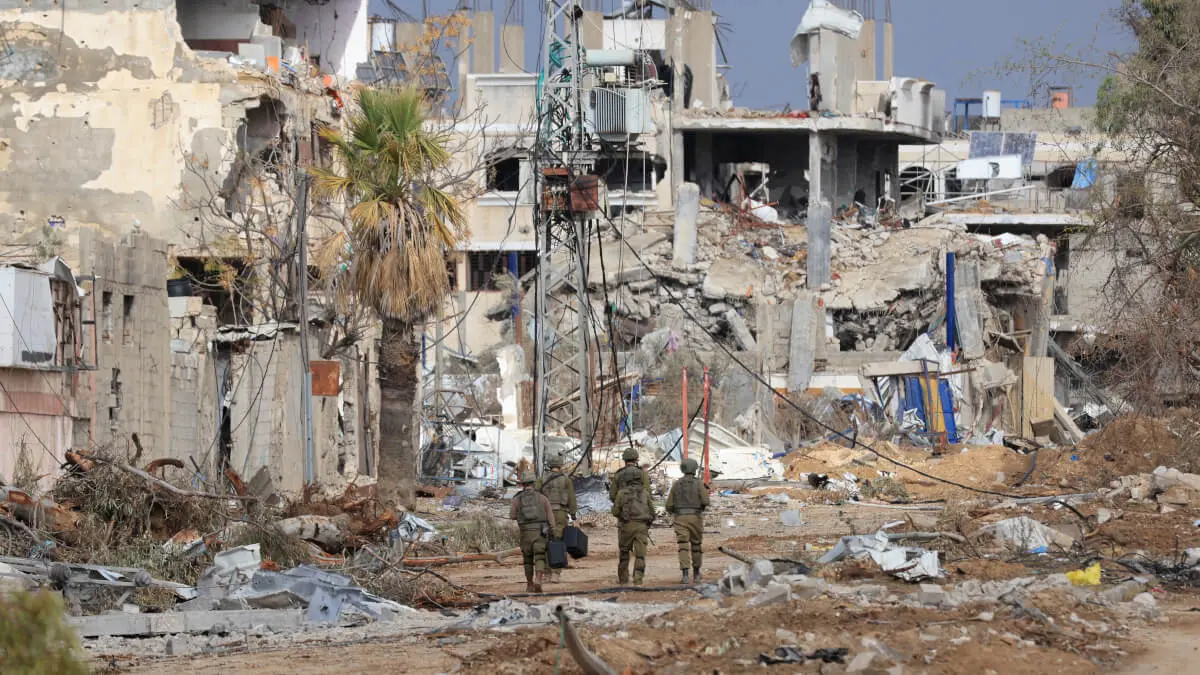
Hamas is willing to extend the truce with Israel for another four days and release more hostages in exchange for Palestinian prisoners, a source close to the Islamist movement announced Wednesday, amid pressure from international mediators for a lasting ceasefire in the conflict.
The truce between Israel and Hamas entered its sixth day on Wednesday, with a new exchange of Israeli hostages and Palestinian prisoners planned.
The truce took effect on Friday for an initial four days, but was extended by 48 hours, until Thursday at 05:00 GMT, to allow for the exchange of 20 Hamas hostages for 60 Palestinian prisoners, chief mediator Qatar said.
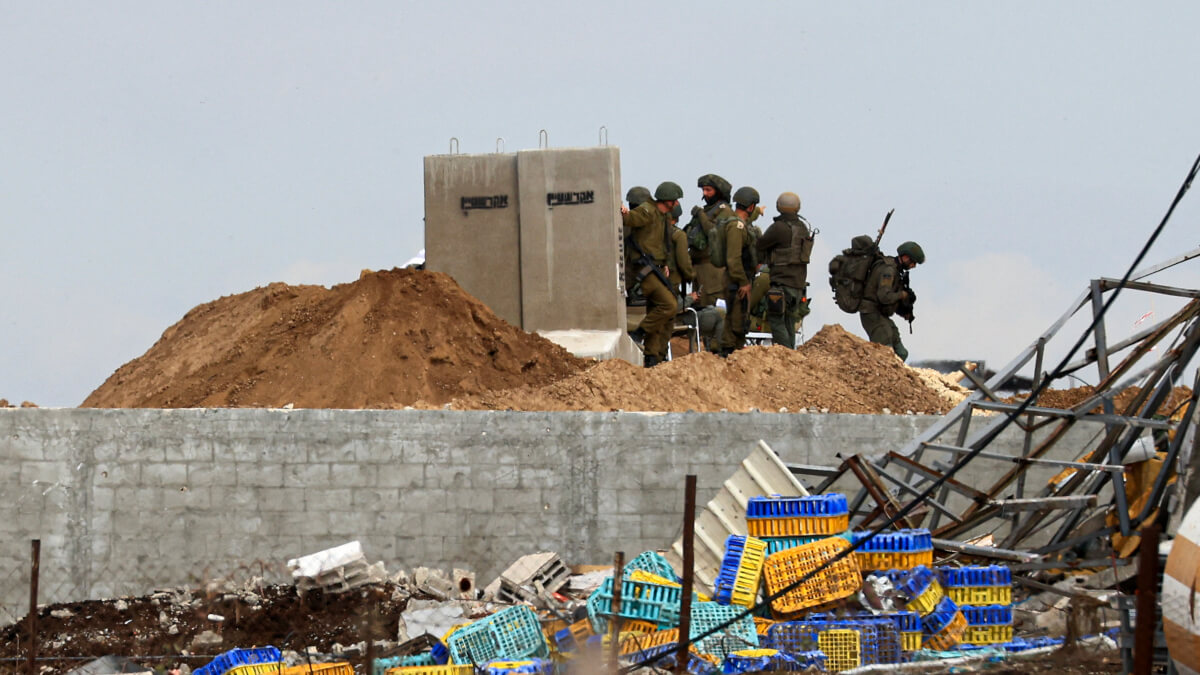
For its part, Israel has released 180 prisoners from its jails, in a ratio of three Palestinians for every Israeli hostage.
The Hebrew state authorities estimate that 240 people were abducted and taken to Gaza during the bloody Hamas attack on 7 October, which left 1,200 people dead, mostly civilians.
Among the Israeli dead are more than 300 military personnel.
In response, Israel vowed to "annihilate" Hamas and launched an offensive against the Gaza Strip, with constant shelling and a ground operation since 27 October, which has left 14,854 dead, including 6,150 children under 18, according to the Islamist-controlled Gaza government.

"Lasting truce"
Giving an account of the living conditions of hostages in Gaza, the grandmother of Eitan Yahalomi, a 12-year-old boy freed on Monday, said her grandson was isolated for 16 days.
"The days he was alone were horrible," Esther Yaeli told the Israeli news website Walla. "Now, Eitan seems very reserved," she said.
Israeli Prime Minister Benjamin Netanyahu on Tuesday vowed to "free all the hostages" of Hamas, an organisation considered a terrorist organisation by the United States, the European Union and Israel.
"We will destroy this terrorist organisation and ensure that Gaza is no longer a threat to the state of Israel," he added.
His chief of staff, Herzi Halevi, also spoke along the same lines: "The Israeli army is ready to resume fighting. We are taking advantage of these days of pause (...) to reinforce our preparation".
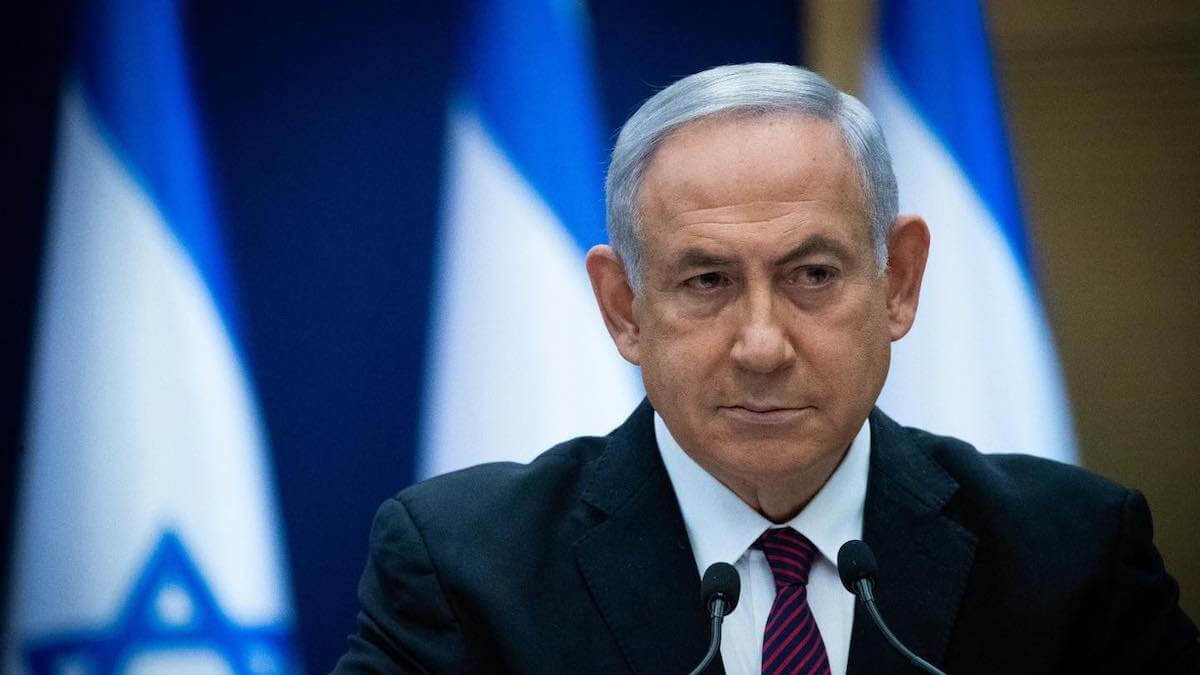
But behind the scenes, the mediators are trying to extend the truce beyond Thursday.
"Our main goal now, and our hope, is to achieve a lasting truce that will lead to new negotiations and eventually to the end of the war," said Qatari Foreign Ministry spokesman Majed al-Ansari.
In the midst of these efforts, US Secretary of State Antony Blinken will travel to Israel and the occupied West Bank this week.
A source familiar with the negotiations said that the heads of US and Israeli intelligence services are in the Qatari capital of Doha to discuss the "next phase" of the agreement.
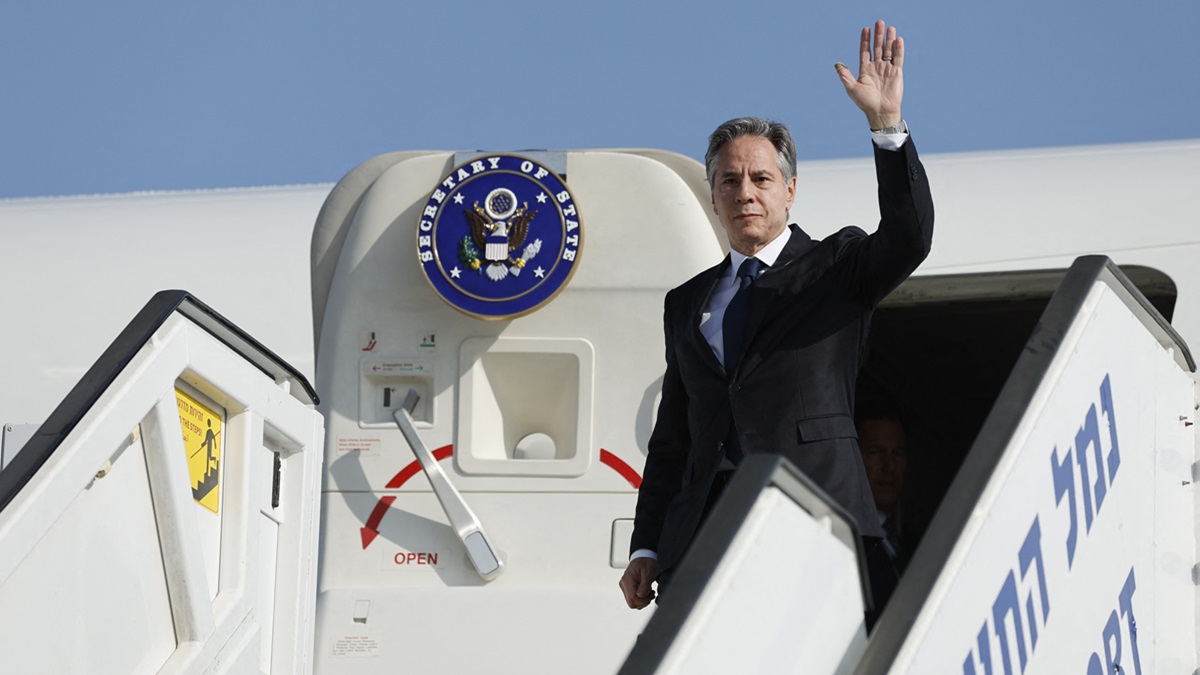
"Risk of famine"
The extension of the truce allowed hundreds of trucks of humanitarian aid to enter the Gaza Strip, which has been besieged and bombed for seven weeks by the Israeli army.
But the situation remains "catastrophic", said the World Food Programme (WFP), which warned of "a risk of famine".
"We have had no water, no food, no flour for ten days. The situation is hard, very hard," Ashraf Selim, a Gaza resident, told AFP.
The World Health Organisation (WHO) said it had found a "massive increase" in communicable diseases, with 45 more cases of diarrhoea in children than usual, at a time when most hospitals in Gaza are inoperative.
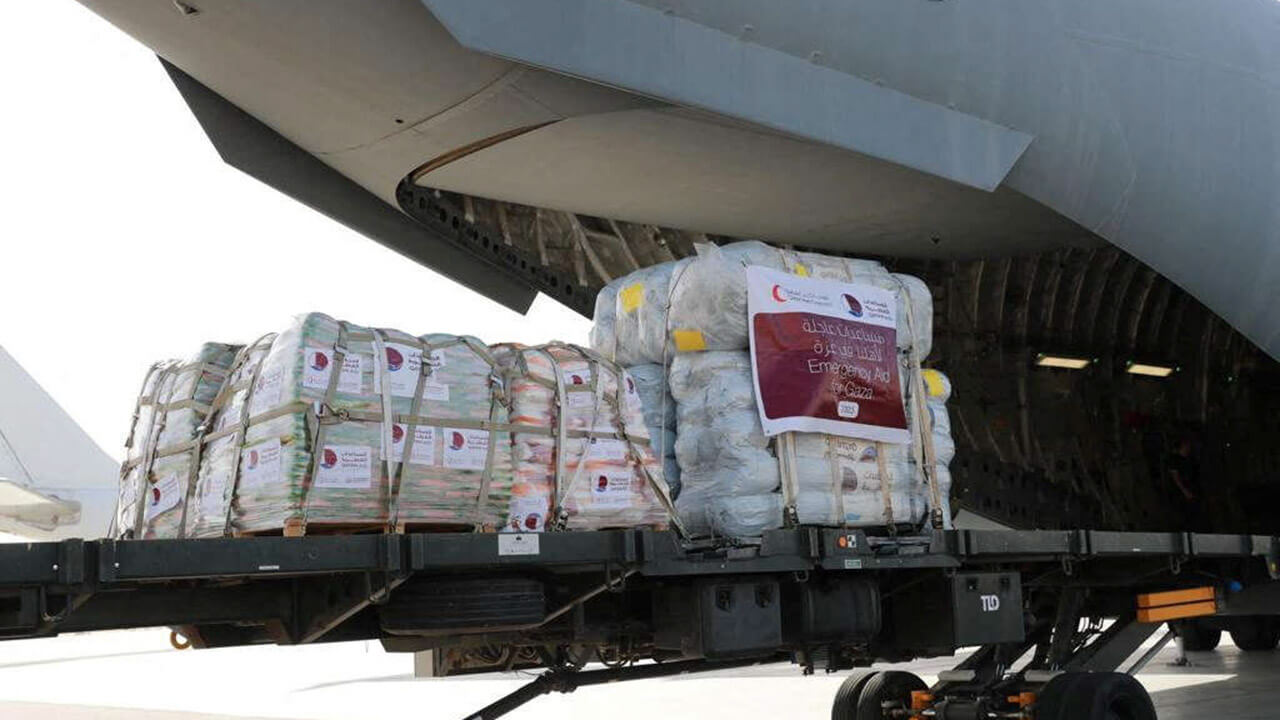
According to a White House official, the amount of humanitarian aid delivered to Gaza has reached 2,000 trucks, with a "sustained cadence of 240 trucks per day" at present.
Under a land, sea and air blockade since 2007, the small, densely populated territory is under a total siege by Israel, which has cut off water, food and power supplies.
More than half of the territory's homes were damaged or destroyed in the war, which displaced 1.7 million of the Strip's 2.4 million inhabitants, the UN said.
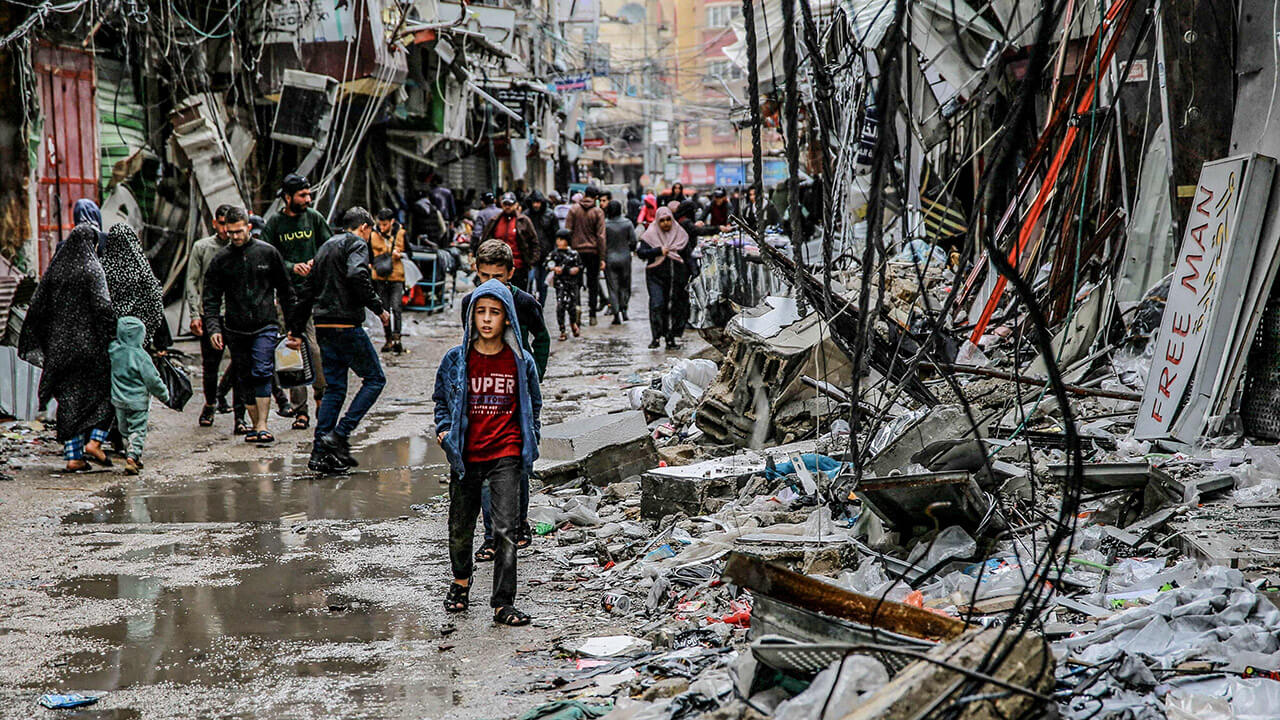
Thousands of Palestinians displaced to the south of the Strip took advantage of the truce to return to their homes in the devastated north, despite a ban by Israeli troops.
"I'm trying to find memories of my home," said a Palestinian man from al-Zahra, showing the mountains of rubble where his home once stood, destroyed by Israeli bombardment.


